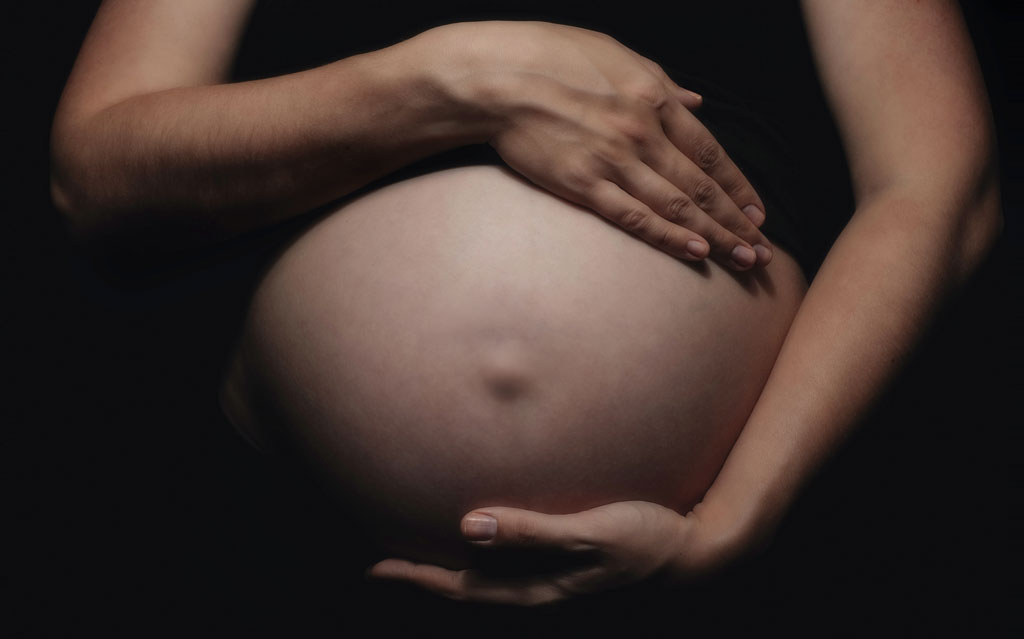
Surrogacy law is a fertile breeding ground for uncertainty, says Dickon Ceadel
Surrogacy is an increasingly popular alternative to highly expensive fertility treatments and adoption. The domestic legislation that governs the practice is outdated however, and not fit for purpose. Moreover, its interaction with the less restrictive regulatory regimes that exist in other jurisdictions compounds the problem and makes reform an urgent necessity.
It has been estimated that as many as 2,000 children a year are born to surrogate mothers, mostly abroad, before being handed to British commissioning parents. Last year, however, according to Cafcass, only 241 applications were made for parental orders. This gap is a real concern in the light of Theis J’s extrajudicial warning at a recent conference that children born through surrogacy but without the protection of parental orders run the risk of becoming “stateless and parentless”.
Historical moral objections
The current legal position as regards surrogacy in England and Wales is rooted in historical concerns as to its ethicality. Baroness Warnock’s seminal 1984 report stated that “it is inconsistent with human dignity that a woman should use her uterus









